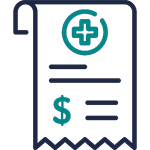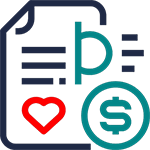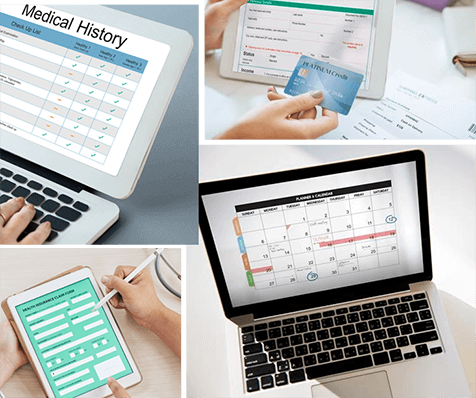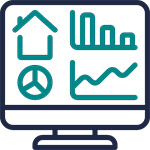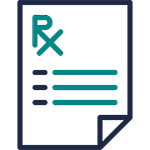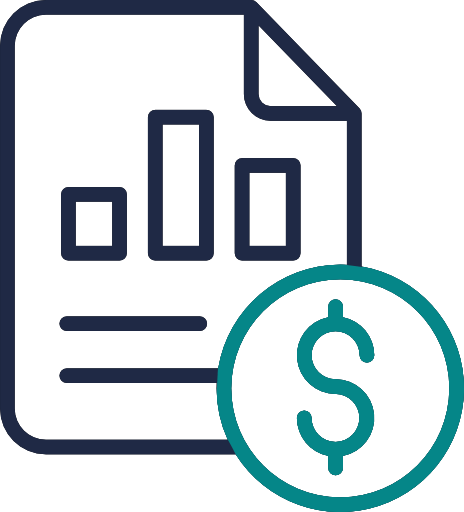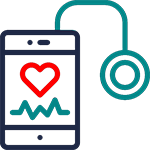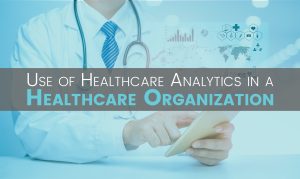Medical billing and coding are a promising career for people who are detail-oriented or interested in innovative research as a daily grind. The fast-paced world of health care has millions of technical jargons related to each unique field of a medical study. Curiosity to learn something new daily is the prerequisite for professional medical coders today. The Global Medical Coding Market is expected to rise from 12.29 billion USD to an estimated value of 26.63 billion USD by 2026.It is being driven by the increasing demand for professional coding experts with an in-depth knowledge of the best medical billing and coding practices. The American Academy of Professional Coders (AAPC) estimates the average Certified Professional Coder (CPC) salary to be around $54,401 annually. Medical coding is hence the most integral part of medical billing that affects all other aspects of health care.
Medical billers and coders map out the various treatments, diagnoses and health records to transcribe alphanumeric codes to them. It is the type of work that requires immense patience and ample knowledge of medical procedures. The medical billing  and coding industry serve to be the lifeblood of the technically savvy and highly informed coding professionals out there.
and coding industry serve to be the lifeblood of the technically savvy and highly informed coding professionals out there.
The health care revenue stream is dependent upon the valid credentials of all medical treatments and assistance given to a patient. Different types of coding include ICD-10-CM (International Classification of Diseases, Tenth Revision, Clinical Modification), CPT (Current Procedural Terminology), ICD-10-PCS (International Classification of Disease, 10th revision, Procedure Classification System) HCPCS (Healthcare Common Procedure Coding System), CDT (Code on Dental Procedures and Nomenclature, NDC (National Drug Codes), Modifier Codes and APC (Ambulatory Payment Category) codes. There are tremendous chances for medical coders to attain lucrative career advancement by mastering these distinct coding practices.
The Evolution of Medical Coding Practices
The development of coding practices has been traced back to England during the 17th century. John Graunt was the pioneer who devised a system known as the London Bills of Mortality. It was an evolutionary step taken to transform that data into numeric codes to estimate the most recurrent cause of fatalities. The World Health Organization (WHO) ordained the sixth amendment of the International Lists of Diseases and Causes of Death. This revision became known as the Manual of the International Statistical Classification of Diseases, Injuries, and Causes of Death. This evolved into the internationally used ICD-9 and ICD-10 diagnosis codes prevalent today.
The Primary Responsibilities of Medical Coders
Medical coders are responsible for documenting patient diagnoses and treatments by adding alphanumeric codes that help in distinguishing one from the other. They spend most of their time reading about patient health records and then analyze them accordingly. It is a tedious job that requires immense grit and tenacity. Medical coders help in segregation of huge health data through ICD-9, and HCPCS Codes most frequently. Right from the moment, a patient visits their primary health care provider to the final accurate clinical assessment. Electronic medical coding is incorporated which can be easily stored in the form of a database that can be interpreted by health insurance carriers for reimbursements of medical services, rendered according to the American Academy of Professional Coders (AAPC). These can only be rectified through a keen interest in the medical billing and coding line of work and an eye for detail.
Implications of Medical Coding Errors
Medical coding services serve to be the backbone of all medical billing practices that help collect reimbursements for providers. Incorrect medical coding can lead to thousands of dollars that are never recovered and simultaneously spent on services which if checked properly would amount to half cost. Mostly clumsy documentation and interpretation of medical physiology, along with the anatomy of complex medical terminologies can be the top reasons behind the pitfall. Inadequate knowledge, hurried input or missed details, failing to report the full extent of services rendered, duplicate billing or the wrong usage of modifiers are contributing factors in coding mistakes. These challenges can be easily overcome by deploying the services of certified medical coding professionals. These individuals must have an avid interest in extensive medical research and constant fact-finding.
The Significance of Medical Coding Exams
Nearly all health care providers and health care facilities need the assistance of professional medical coders today. Like any educational endeavor there are specific medical coder educational requirements to attain the status of a professional medical coder. The path to a successful and promising medical coding career can be maneuvered through specific programs that last up to two years or less. The US has an extensive network of colleges that support the formal schooling of medical coding prospects. As it is an expensive field of study there are several online courses and certification options to choose from. To be precise there are specialty based certifications for medical coders that include Certified Professional Coder (CPC), Certified Risk Adjustment Coder (CRC) Certified Outpatient Coder (COC), and Certified Inpatient Coder (CIC).
Medical Coding Career Growth Opportunities
Nearly every single health care provider uses coded citations and records for the deciphering of diagnostic treatments and medical procedures. Individual hospitals may have multiple coders working to ascribe different code sets to clinical data available. The medical coding and billing industry has undergone a huge boom in the last fifty years or so. This line of work will always have very profitable role in the lives of providers and medical coding analysts. As there are several fields of medical studies so are specialty based clinics, health care centers, Inpatient facilities, nursing homes, mental health facilities, urgent care facilities, sports medicine centers, and so on and so forth. Thus, there are many types of work environments related to the heath care sector that would require the services of professional medical billers and coders. Well trained and credible coding professionals have ample cushion to find worthwhile career advancement opportunities at their disposal. Technically sound and medical terminology experts are likely to be in high demand in the upcoming years as well.
Future of Coding Technology
In this digital age Coding Software Technology – also labeled as encoder – streamlines the coding dynamics to mere clicks that take seconds to reach. The biggest advantage of encoding is that it can easily interface to modern control systems. Encoding is the method of converting data into a format that can be utilized for health care information processing, assembling and execution. Coders or Medical Transcriptionists help in assigning codes to medical procedures and practices. They collaborate with the medical billing department to ensure that timely submission of health claims. They submit statistical data, conduct audits and review coding techniques to ensure precise documentation. The information is taken from physician’s notes, lab tests, scans performed, and various other medical information.
The New Advancements in Medical Coding Practices
The prediction of the U.S. Department of Labor suggests the employment opportunities for health information technology experts would grow by 15% through 2024. As the health care industry is gearing up for technological upgrades. Medical records and health care information is just a click away now. With further accessibility through mobile apps that are synced with patient medical data, doctors can skim through relevant information quickly. Medical billing and coding best practices ensure the security and confidentiality of patients’ medical records. The unflinching efforts of providers to keep their work-life balance by outsourcing medical billing seems to be the way forward. Medical coders are required to be well versed in the latest medical billing regulations, workflows and coding tools to perform exceptionally.
The Purpose of Medical Coding Training
There are innumerable online resources that cover all the fundamentals of medical billing and coding that tantamount to medical coding expertise. With the influx of health care practices requiring professional medical coding services there are several growth opportunities for inspiring coders. They can be hired as in-house medical billing and coding service providers. As well as by outsourced medical billing companies once adequate training has been attained. Relevant courses, certifications and training are provided by the AAPC (the American Academy of Professional Coder) which is the most credible source of intensive medical coding training today. Several based online training and tutorials by seasoned coaches are also provided with assorted pricing modules. Professional Medical Coding Curriculum (PMCC) training increases the chances of being employed by a reputable medical billing company. Hence medical billing and coding specialist programs serve to be an invaluable investment in your medical coding career.
Green Sense Billing has dedicated over 25 years to the medical billing and coding industry. We understand that every practice needs to thrive at an accelerated level with maximum revenue generation. With our modernized Practice Management Software and EHR system you can refine your daily workflow and focus on patient care.

